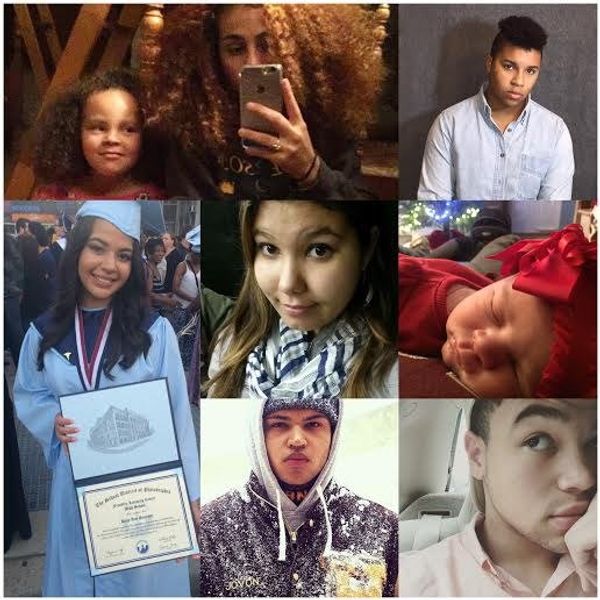Intersectionality was something I was not introduced to until I got to Stanford. I believe the reason I was introduced to intersectionality at a later time was because intersectionality is something that is shoved under the rug—something that is rarely spoken of. We are all aware of it, but we never hear conversations about it. However, I think that intersectionality is something that deserves to be addressed both in high school and in college.
Intersectionality is defined by dictionary.com as, “the theory that the overlap of various social identities, as race, gender, sexuality, and class, contribute to the specific type of systemic oppression and discrimination experienced by an individual.” This is extremely important to understand because I believe intersectionality is understanding that having a similar identity to someone else doesn’t mean that you completely understand their struggles—there are many more other identities that come into play. It is being able to use all your identities to identify your own privileges and your own struggles. Let me elaborate on what I am trying to say.
At times we jump to assume that certain struggles are universal. I have had white students that identify as first-generation, low-income students tell me that they understand my struggles. But, in reality, they don’t. Being white, first-gen, and low-income is not the same as being Latinx, first-gen, and low-income. Similarly, my struggles as a Latino, first-gen, low-income student are not the same as a Black, first-gen, low-income student. We may share some of the same struggles, but they are not completely the same. I don’t have to worry about being racially profiled by the color of my skin. This privilege is something that gives me an advantage over a Black student that shares these identities with me. If I was to ignore this intersectionality, then I would be ignoring the simple fact that this student's struggles are exacerbated simply because the color of their skin makes them institutionally/systemically oppressed in our society.
Therefore, I have to always recognize my privilege as a male, as an individual with white skin, and other identities that I posses. For instance, as a Latino, first-gen, low-income student I recognize my privilege over a Latina with similar identities as me or over Black (female or male--both these identities have their own unique set of struggles) students. Similarly, as a heterosexual male in a society that tends to praise heterosexuality, I recognize the privilege I have over individuals that identify with different sexual orientations (e.g. gay, lesbian, and etc.). Recognizing these privileges makes me more open-minded of the experiences and struggles that others have to face compared to my own.
It is also imperative to let our identities be known to foster discussion about intersectionality. I like to be explicit of the identities I claim. However, often times, I find myself coming across people that tell me to stop playing the “Latino card” or stop playing the “low-income card”. The fact of the matter is that my identity is not a "card". I can't grab my "Latino card" and put it in my pocket to avoid oppression and take it out only when I want to. I am Latino and I can't hide it. My name itself, Guillermo Camarillo, gives off my ethnicity. I will not stop talking about my identities because that is the only way I can educate others of the oppression and struggles that I face. It is the only way to be able to discuss intersectionality.
To put this in a broad scope, talking about your identities is not you exploiting them for attention or for sympathy. It’s you establishing that your identities are important and establishing the importance of the different struggles behind all your identities. Trust me, people sometimes only focus on what they see on the surface—the color of your skin, the ethnicity revealed in your name, and other superficial identities. But, that is how far they go. They don't stop to think that there are many more identities that determine the struggles you face. So, don’t be scared to mention all of your identities, including those that can't be seen on the surface. Also, don't be scared to recognize the privilege that comes with your identities. Accepting this privilege helps you realize that the unique identities of others play a role in their struggles. This is the only way we will be able to understand that our identities-- and the simple fact that intersectionality exists-- make our struggles our own.





















